Hungary: A Tapestry of History, Culture, and Innovation
Nestled in the heart of Europe, Hungary is a land of rich history, vibrant culture, and remarkable innovation. From its medieval roots to its modern-day achievements, Hungary has left an indelible mark on the world stage. This article explores the diverse facets of Hungary, delving into its captivating history, cultural heritage, and contributions to global innovation.
A Glimpse into History: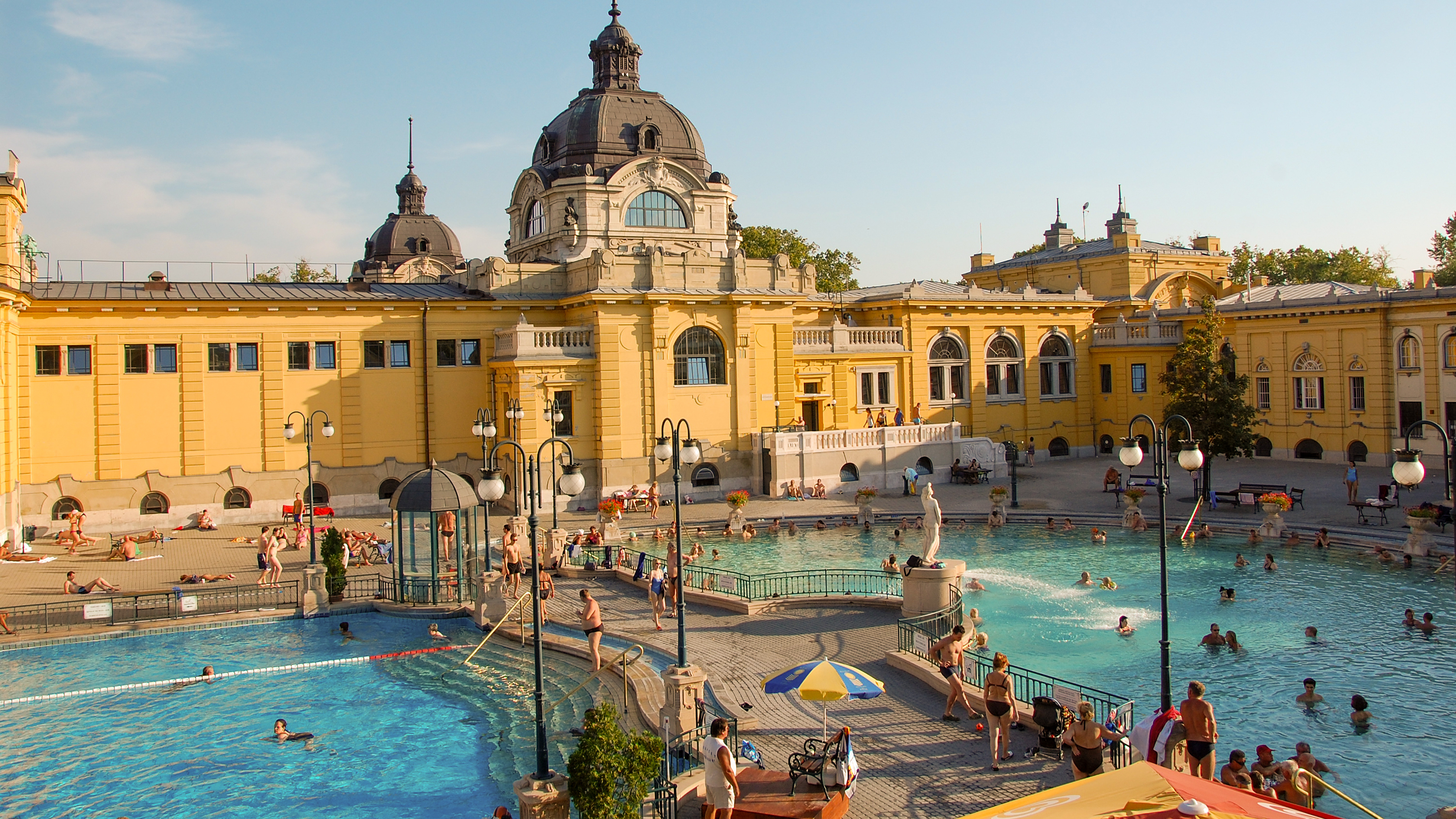 Hungary's history is a tapestry woven with threads of triumphs, struggles, and resilience. Its roots date back to ancient times, with evidence of human habitation dating back to the Paleolithic era. Over the centuries, various tribes and peoples, including Celts, Romans, and Huns, traversed its lands, leaving their imprint on Hungarian culture.
Hungary's history is a tapestry woven with threads of triumphs, struggles, and resilience. Its roots date back to ancient times, with evidence of human habitation dating back to the Paleolithic era. Over the centuries, various tribes and peoples, including Celts, Romans, and Huns, traversed its lands, leaving their imprint on Hungarian culture.
The foundation of modern Hungary was laid in the late 9th century when the Magyar tribes, led by Árpád, settled in the Carpathian Basin. This marked the birth of the Hungarian Kingdom, which would evolve into a formidable power in medieval Europe under the reign of King Stephen I, who was canonized as Hungary's first Christian king.
Throughout the medieval period, Hungary flourished as a hub of trade, culture, and learning. The Renaissance and Reformation brought about intellectual and religious ferment, shaping the country's intellectual landscape. However, Hungary's history also bears witness to invasions, occupations, and conflicts, including Ottoman rule, which lasted for over 150 years.
The 19th and 20th centuries brought significant upheavals, including the Hungarian Revolution of 1848 and participation in both World Wars. The aftermath of World War I saw Hungary lose significant territories, leading to a period of political instability and economic hardship. The country fell under communist rule following World War II, enduring decades of Soviet influence until the fall of the Iron Curtain in 1989.
Cultural Kaleidoscope: Hungary's cultural heritage is as diverse as it is rich, reflecting influences from its various historical epochs and interactions with neighboring peoples. Hungarian folklore, music, dance, and cuisine are imbued with a distinct identity that sets them apart on the world stage.
Hungary's cultural heritage is as diverse as it is rich, reflecting influences from its various historical epochs and interactions with neighboring peoples. Hungarian folklore, music, dance, and cuisine are imbued with a distinct identity that sets them apart on the world stage.
Traditional Hungarian music, characterized by its haunting melodies and soul-stirring rhythms, has captivated audiences worldwide. The folk instrument, the cimbalom, holds a special place in Hungarian music, adding a unique timbre to traditional melodies. Renowned composers like Franz Liszt, Béla Bartók, and Zoltán Kodály drew inspiration from Hungarian folk music, incorporating its motifs into their compositions. Hungarian cuisine is a celebration of flavors, spices, and hearty dishes that reflect the country's agricultural abundance and culinary ingenuity. From iconic dishes like goulash and paprikash to sweet treats like dobos torte and chimney cake, Hungarian cuisine offers a tantalizing array of flavors and textures that delight the palate.
Hungarian cuisine is a celebration of flavors, spices, and hearty dishes that reflect the country's agricultural abundance and culinary ingenuity. From iconic dishes like goulash and paprikash to sweet treats like dobos torte and chimney cake, Hungarian cuisine offers a tantalizing array of flavors and textures that delight the palate.
The Hungarian language, a member of the Finno-Ugric language family, is a source of national pride and identity. Despite its unique linguistic roots, Hungarian culture is also marked by its openness to external influences, resulting in a dynamic cultural landscape that embraces diversity and innovation.
Innovative Spirit:
Hungary's contributions to global innovation span a wide spectrum of fields, from science and technology to the arts and humanities. The country boasts a rich tradition of academic excellence, with renowned institutions like Eötvös Loránd University and the Budapest University of Technology and Economics nurturing the next generation of scholars and innovators.
In recent decades, Hungary has emerged as a hub of technological innovation, particularly in sectors such as information technology, biotechnology, and engineering. Budapest, with its burgeoning startup ecosystem and vibrant tech scene, has earned a reputation as the "Silicon Valley of Central Europe," attracting talent and investment from around the world.
Hungary's commitment to research and development is exemplified by initiatives such as the Hungarian Academy of Sciences and the National Research, Development and Innovation Office, which support cutting-edge research projects and foster collaboration between academia, industry, and government. The country's innovative spirit is also evident in its cultural and artistic endeavors. Hungarian literature, cinema, and visual arts have produced trailblazing figures like Imre Kertész, winner of the Nobel Prize in Literature, and Béla Tarr, acclaimed filmmaker known for his visionary cinematic style.
The country's innovative spirit is also evident in its cultural and artistic endeavors. Hungarian literature, cinema, and visual arts have produced trailblazing figures like Imre Kertész, winner of the Nobel Prize in Literature, and Béla Tarr, acclaimed filmmaker known for his visionary cinematic style.
Looking to the Future:
As Hungary strides into the 21st century, it faces a new set of challenges and opportunities on the global stage. Economic modernization, environmental sustainability, and social inclusion are among the pressing issues that demand innovative solutions and collaborative action.
Hungary's rich history, cultural heritage, and spirit of innovation position it as a dynamic player in an increasingly interconnected world. By harnessing its talents, creativity, and ingenuity, Hungary is poised to shape the future and leave a lasting legacy for generations to come.
Preserving Cultural Heritage: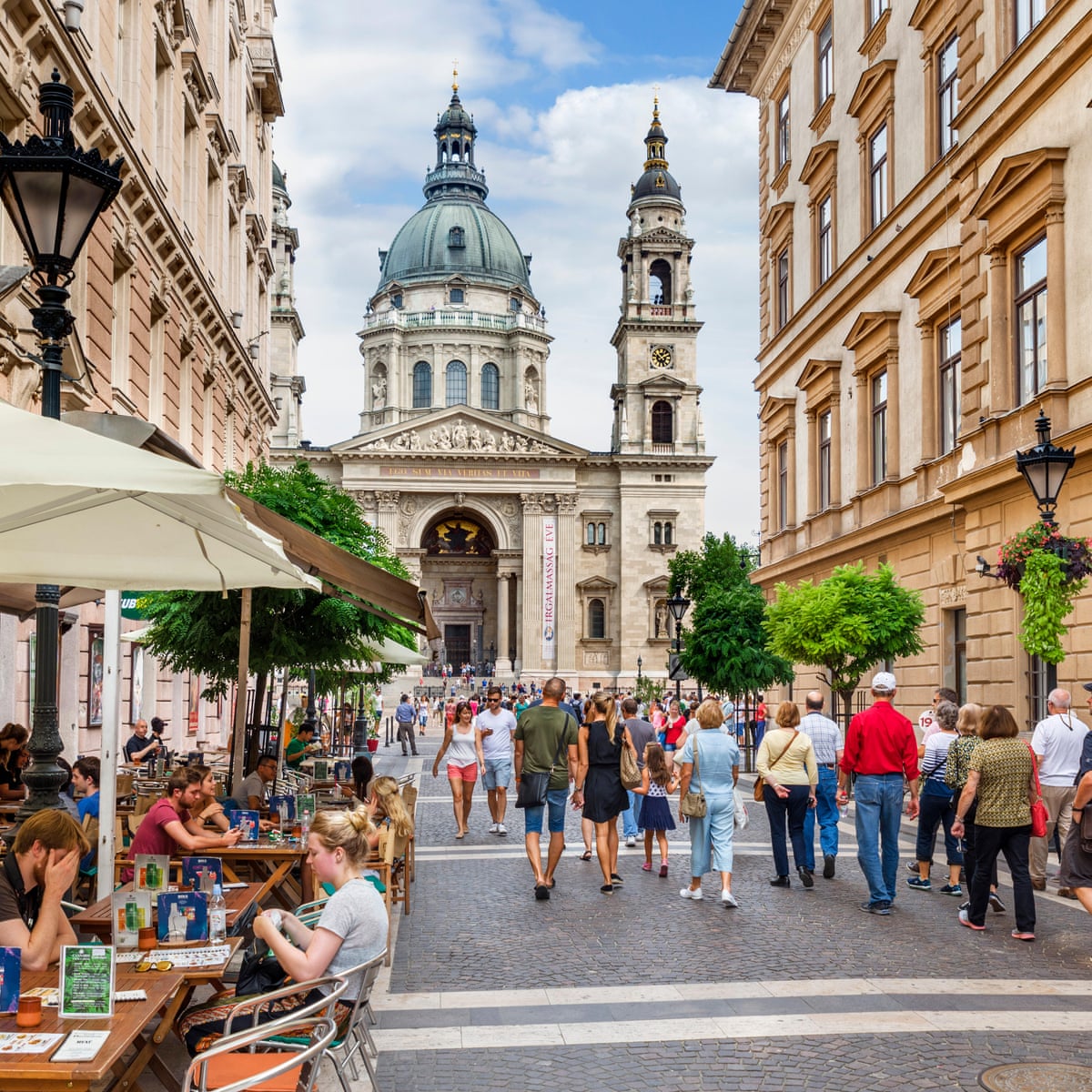 Hungary's commitment to preserving its cultural heritage is unwavering, with efforts underway to safeguard historical sites, artifacts, and traditions for future generations. The country boasts a wealth of UNESCO World Heritage Sites, including the banks of the Danube, the Buda Castle Quarter, and the Hortobágy National Park, which showcase Hungary's natural beauty and architectural splendor.
Hungary's commitment to preserving its cultural heritage is unwavering, with efforts underway to safeguard historical sites, artifacts, and traditions for future generations. The country boasts a wealth of UNESCO World Heritage Sites, including the banks of the Danube, the Buda Castle Quarter, and the Hortobágy National Park, which showcase Hungary's natural beauty and architectural splendor.
Cultural institutions like the Hungarian National Museum, the Museum of Fine Arts, and the Hungarian State Opera House serve as custodians of the nation's cultural treasures, offering immersive experiences that celebrate Hungary's artistic legacy. Festivals and events, such as the Budapest Spring Festival and the Sziget Festival, bring together artists, performers, and audiences from around the world, fostering cultural exchange and dialogue.
Addressing Societal Challenges: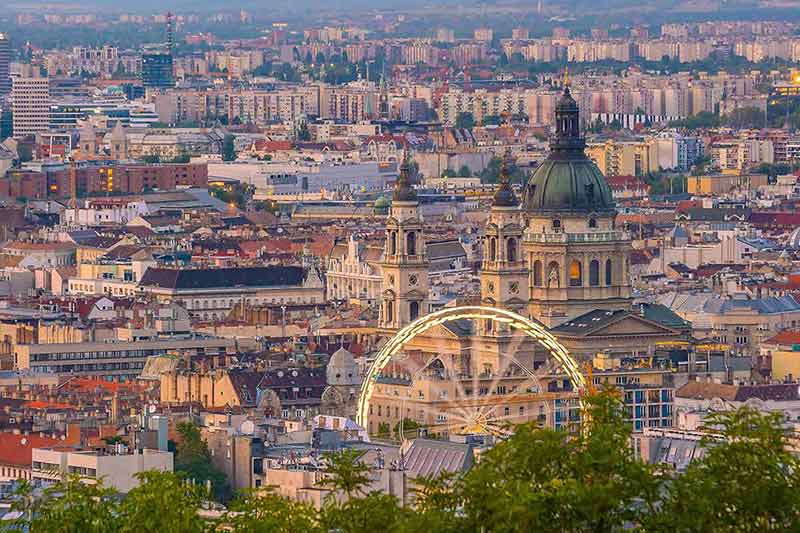 Hungary faces various societal challenges, including demographic shifts, income inequality, and social exclusion, which require holistic approaches and innovative solutions. Initiatives aimed at promoting education, healthcare, and social welfare are crucial for ensuring the well-being and prosperity of all citizens.
Hungary faces various societal challenges, including demographic shifts, income inequality, and social exclusion, which require holistic approaches and innovative solutions. Initiatives aimed at promoting education, healthcare, and social welfare are crucial for ensuring the well-being and prosperity of all citizens.
Investing in human capital and fostering inclusive growth are central to Hungary's long-term development agenda. Programs that support skills training, entrepreneurship, and job creation empower individuals to realize their full potential and contribute to the country's economic and social progress.
Furthermore, initiatives to promote environmental sustainability and combat climate change are gaining momentum, with Hungary striving to reduce carbon emissions, conserve natural resources, and promote renewable energy sources. Sustainable urban development, green infrastructure projects, and environmental education campaigns are key components of Hungary's environmental policy agenda.
Global Engagement: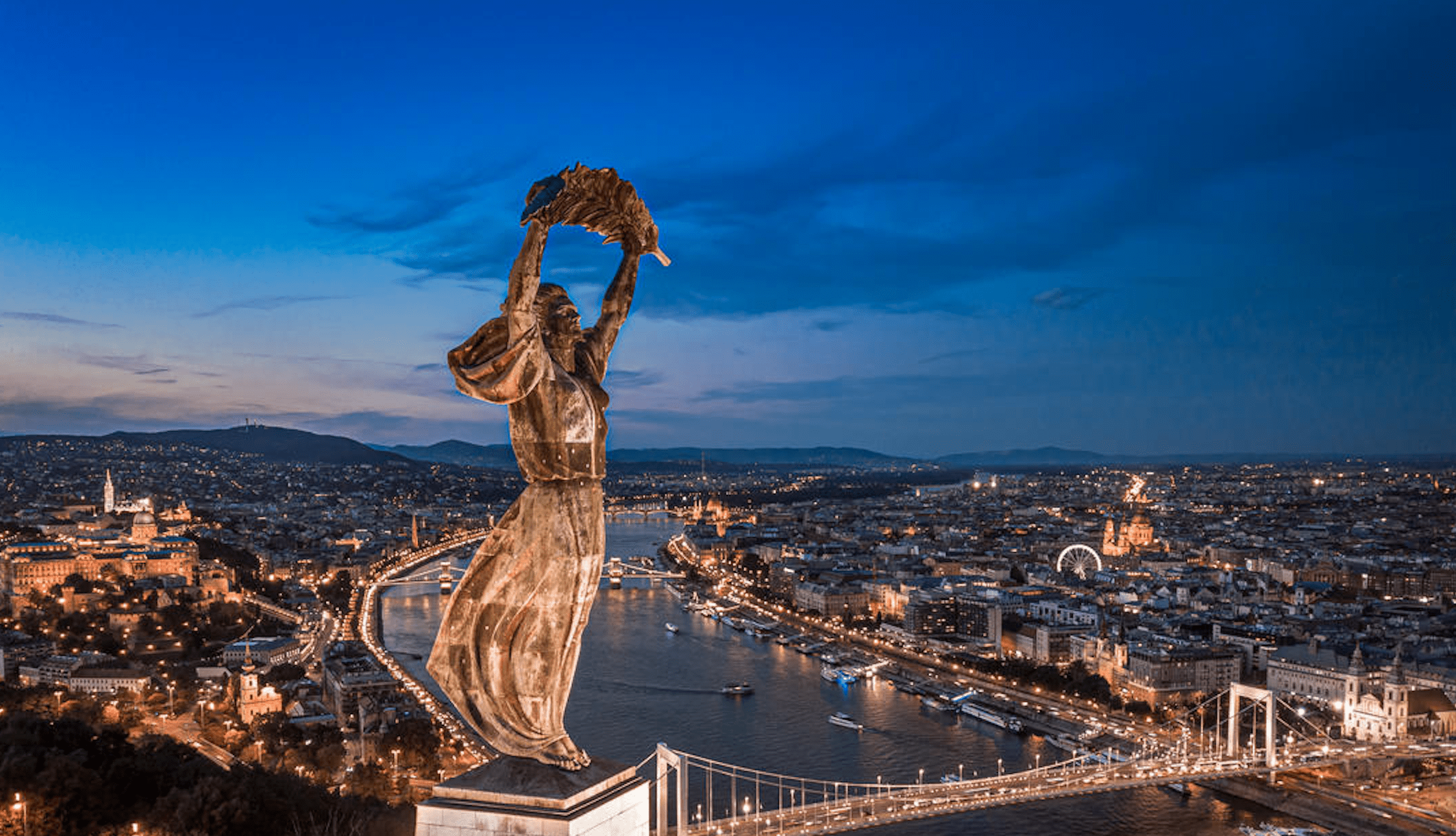 Hungary's engagement with the international community is multifaceted, encompassing diplomacy, trade, and cultural exchange. As a member of the European Union, NATO, and other international organizations, Hungary plays a constructive role in addressing global challenges and advancing common interests.
Hungary's engagement with the international community is multifaceted, encompassing diplomacy, trade, and cultural exchange. As a member of the European Union, NATO, and other international organizations, Hungary plays a constructive role in addressing global challenges and advancing common interests.
Diplomatic initiatives aimed at fostering regional cooperation, promoting peace and stability, and addressing transnational issues underscore Hungary's commitment to multilateralism and dialogue. Economic ties with neighboring countries and strategic partners facilitate trade, investment, and economic integration, contributing to regional prosperity and stability.
Cultural diplomacy initiatives, such as the Hungarian Cultural Institute network and the Hungarian Cultural Seasons program, promote cross-cultural understanding and collaboration, showcasing Hungary's cultural heritage and artistic excellence on the world stage.
Conclusion: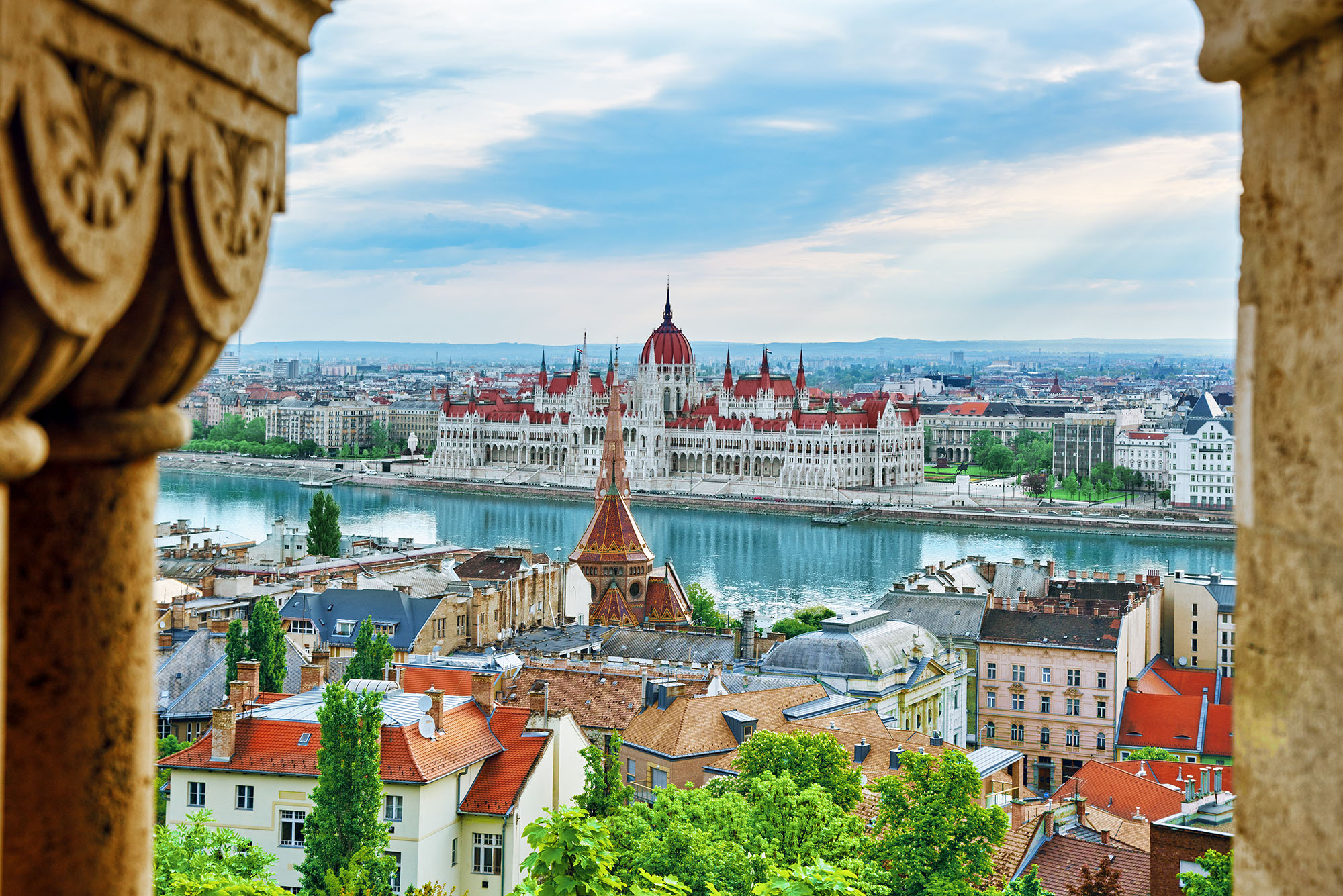 Hungary's journey from its medieval origins to its present-day achievements is a testament to the resilience, creativity, and spirit of its people. As Hungary navigates the opportunities and challenges of the 21st century, it draws upon its rich history, vibrant culture, and spirit of innovation to shape a brighter future for generations to come.
Hungary's journey from its medieval origins to its present-day achievements is a testament to the resilience, creativity, and spirit of its people. As Hungary navigates the opportunities and challenges of the 21st century, it draws upon its rich history, vibrant culture, and spirit of innovation to shape a brighter future for generations to come.
With a commitment to preserving its cultural heritage, addressing societal challenges, and engaging with the global community, Hungary continues to chart a course of progress and prosperity. As the country embraces the possibilities of the digital age and explores new frontiers of discovery and exploration, its legacy of ingenuity and resilience will endure, leaving an indelible mark on the world stage.






































